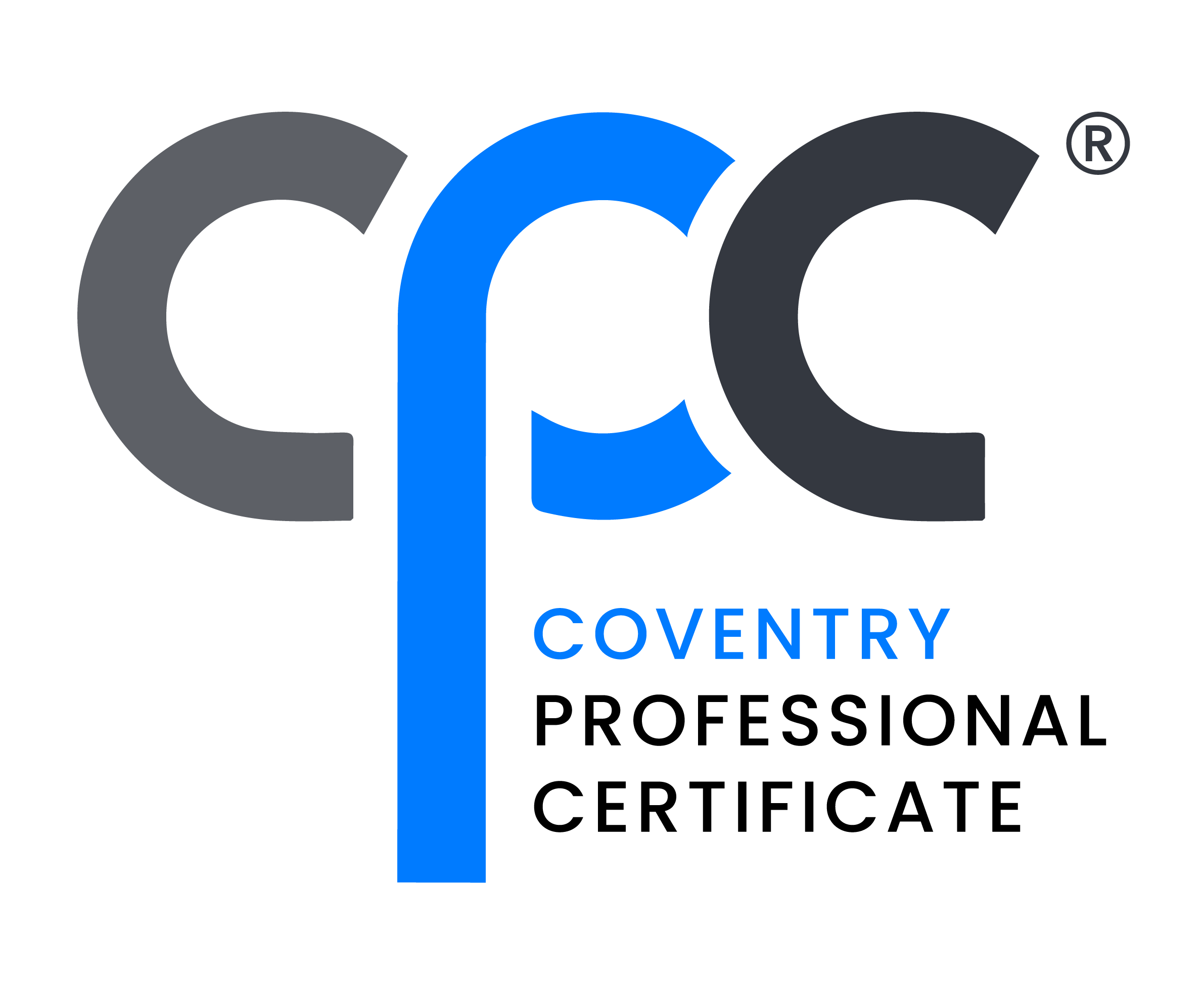
In today’s fast-changing business environment, Enterprise Risk Management (ERM) is more vital than ever. The post-pandemic landscape has transformed how organizations view and manage risk—demanding stronger governance, greater adaptability, and enhanced resilience. Have you updated your risk strategies, crisis response, and mitigation plans to meet the demands of the "new normal"?
The Certified Operational Risk Professional training course is designed to empower professionals with advanced ERM methodologies to foster a proactive risk culture, evaluate organizational risk tolerance, and establish robust governance structures. Participants will explore best practices, emerging standards, and key resilience metrics to effectively manage risk and support long-term business success.
This training course will feature:
By the end of this training course, you will be able to:
This training course is designed for professionals across industries who want to enhance their risk management expertise and develop a strategic approach to organisational resilience. It is particularly beneficial for:
The training course adopts a highly interactive approach to ensure practical learning and real-world application. Participants will engage in:
This fast-paced and engaging ERM Course provides professionals with the skills and knowledge needed to create a resilient, risk-aware culture and future-proof their organisations against uncertainties.
